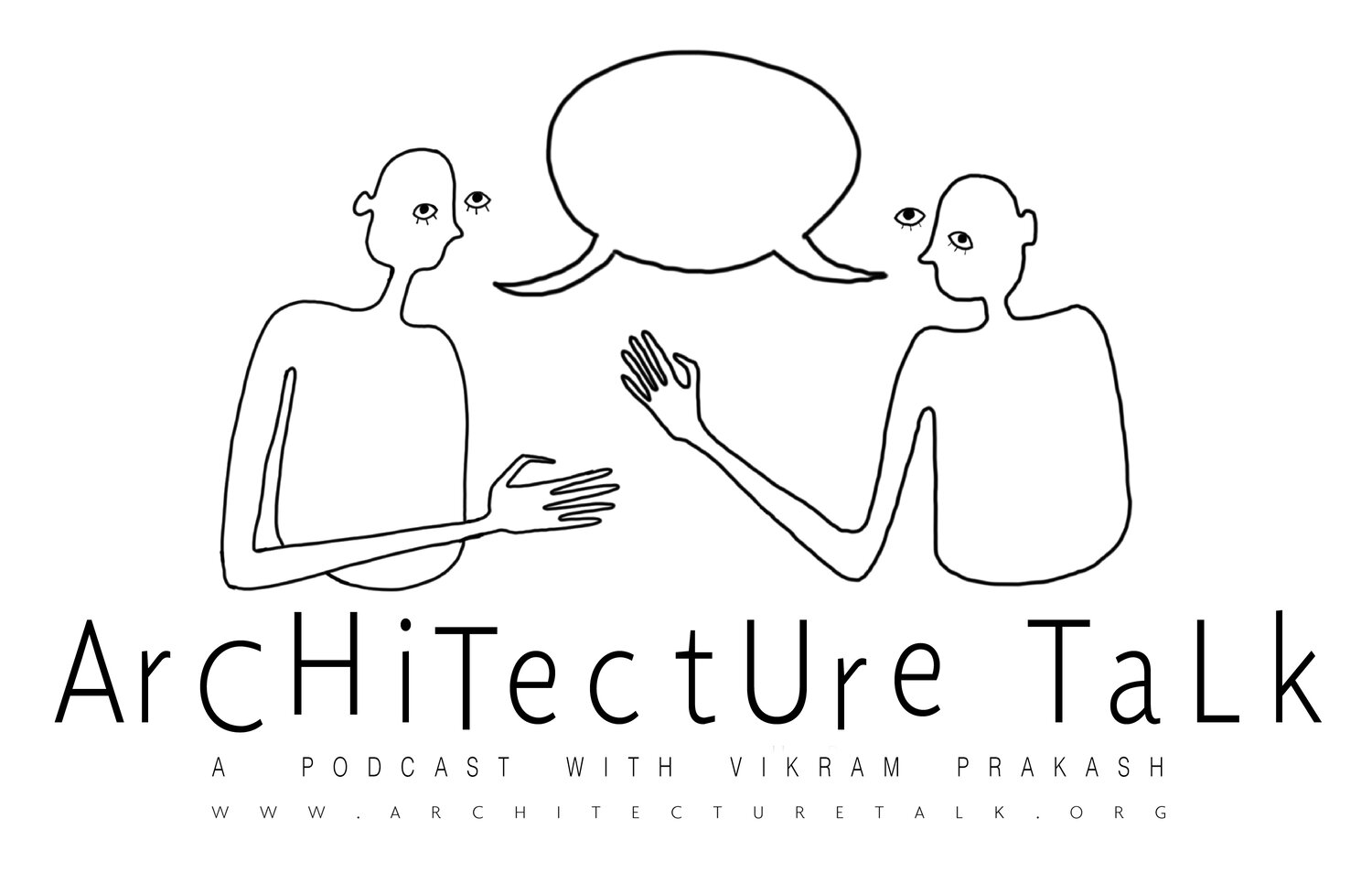116. The Politics of Acoustic Space and Sonic Montage with Joseph Clarke
Original Drawing by Tori Haynes
“Wagner is trying to produce the idea of the nation through sound…and now here is Le Corbusier trying to produce the idea of the super-nation (if that’s what the League of Nations is, right?) with an acoustic argument at its heart.” VP
“So there’s the idea that modern politics, modern diplomacy is acoustic in nature...The production of the modern nation and modern international diplomacy is absolutely connected to acoustic media.” JC
“If misunderstanding was the cause of war, then all you needed was good acoustics…” VP
“We talk about communication as the source of problems in our politics, in our interpersonal relationships, we project all of our problems into communication.”JC
This week, we sit down with Joseph Clarke to discuss his new book Echo’s Chamber: Architecture and the Idea of Acoustic Space. The discussion looks at the convergence of politics, acoustics, and the metamorphosis of acoustic spatial thinking from Wagner to Le Corbusier and beyond.
Timestamp Outline
Joseph Clarke, architectural historian, talks about his recently published book Echo’s Chamber: Architecture and the Idea of Acoustic Space
Ovid’s metamorphosis
The politics of acoustic space (Wagner’s theater as a manifestation of a complete work of art, as a metaphor for nation-building)
Thinking about architectural design as an acoustic practice rather than an optic practice
Political transformation through culture as culture itself was changing (for example, Wagner’s music evolved with the influence of philosophy)
The invention of the sunken orchestra pit-
“Wagner wanted you to hear music and not know where it was coming from so your attention would be entirely on the visual scene, and your brain would process the music you were hearing simply as the background to the visual scene on stage...so he was trying to re-engineer our sensory perception, our audiovisual perception in a fundamental way.” JC
Le Corbusier’s “Magic Box” and the Wagnerian influence
How are these acoustic ideas played out in Le Corbusier’s early work? VP
Le Corbusier’s early interests in communication technologies concerned its ability to build a new mass society and mass-politic
CIAM
“Wagner is trying to produce the idea of the nation through sound…and now here is Le Corbusier trying to produce the idea of the super-nation (if that’s what the League of Nations is, right?) with an acoustic argument at its heart.” VP
“So there’s the idea that modern politics, modern diplomacy is acoustic in nature...The production of the modern nation and modern international diplomacy is absolutely connected to acoustic media.” JC
“If misunderstanding was the cause of war, then all you needed was good acoustics…” VP
“We talk about communication as the source of problems in our politics, in our interpersonal relationships, we project all of our problems into communication.” JC
Le Corbusier’s essay on acoustics marks his reconsideration of acoustics and sound from, on the one hand, a technological understanding, to, on the other hand, a more spiritual consideration.
Le Corbusier’s Ronchamp and experiments with sonic montage
The French Dominican influence on Art and Music
John Cage, Edgard Varèse, Karlheinz Stockhausen (avant garde composers of the 20th century)
Discussion of Xenakis Pavilion and the acoustic advances developed by Phillips for these spaces.






